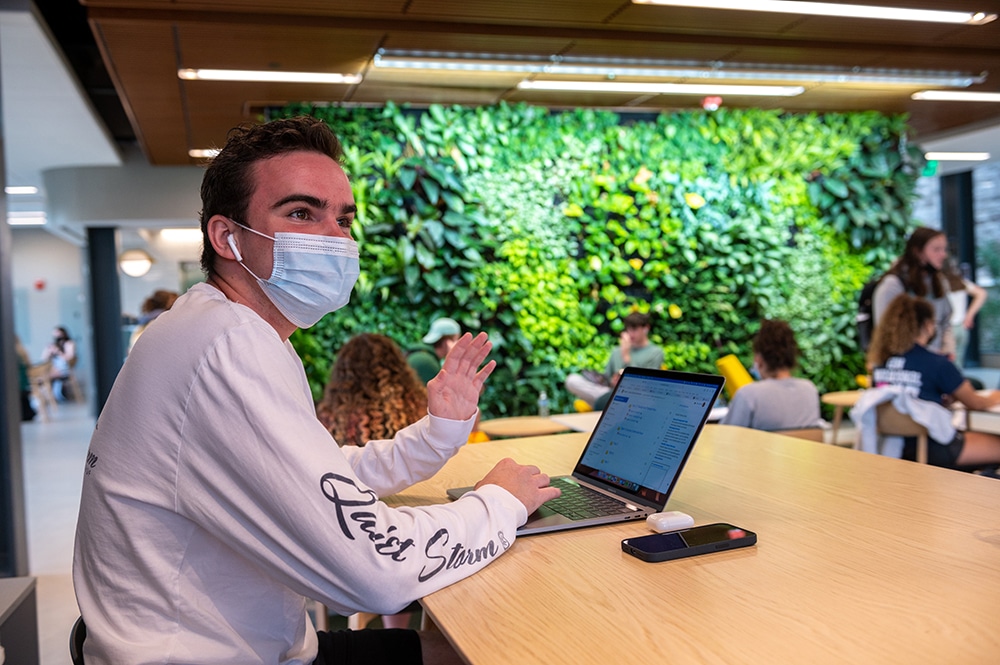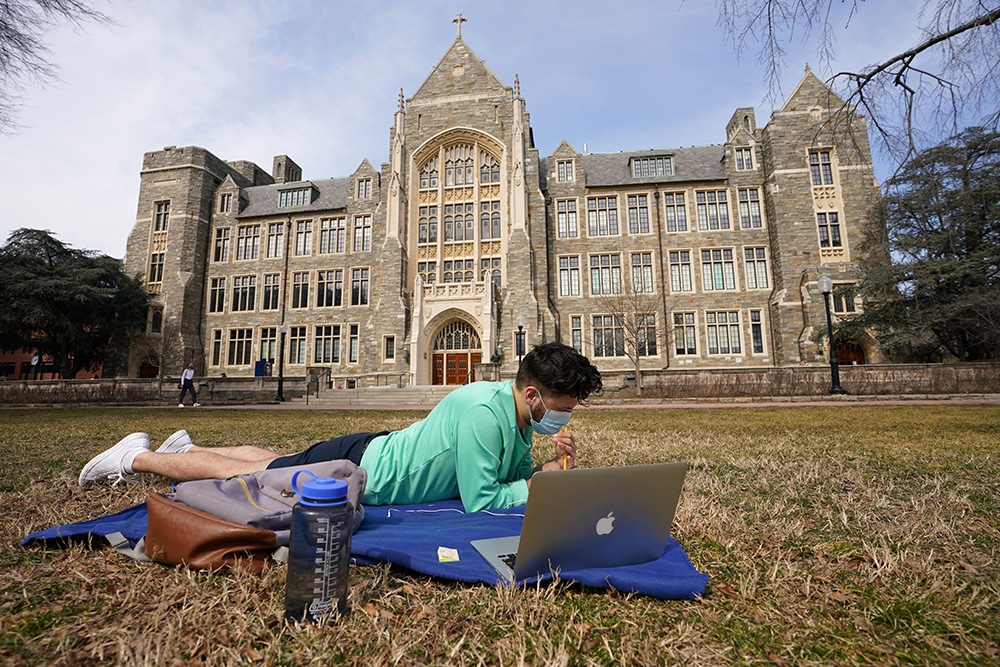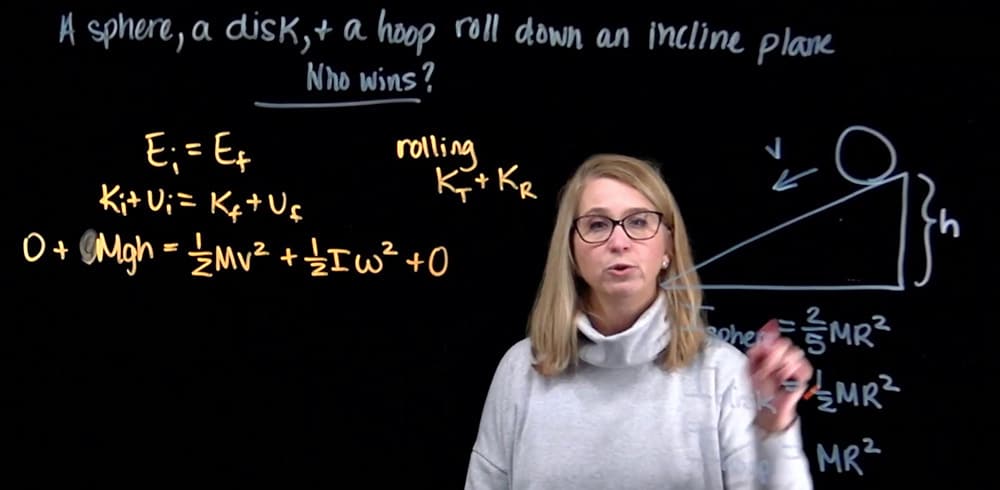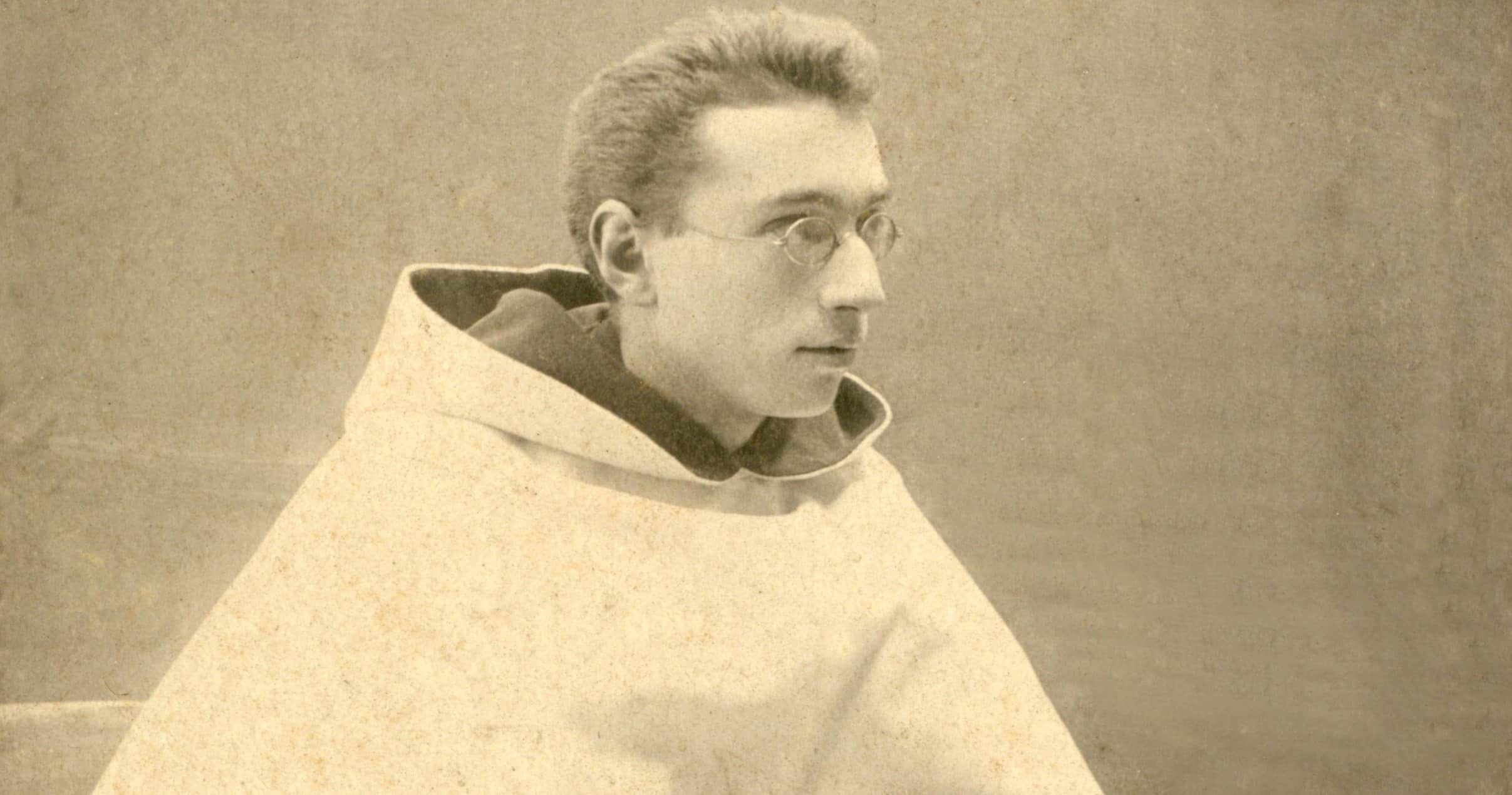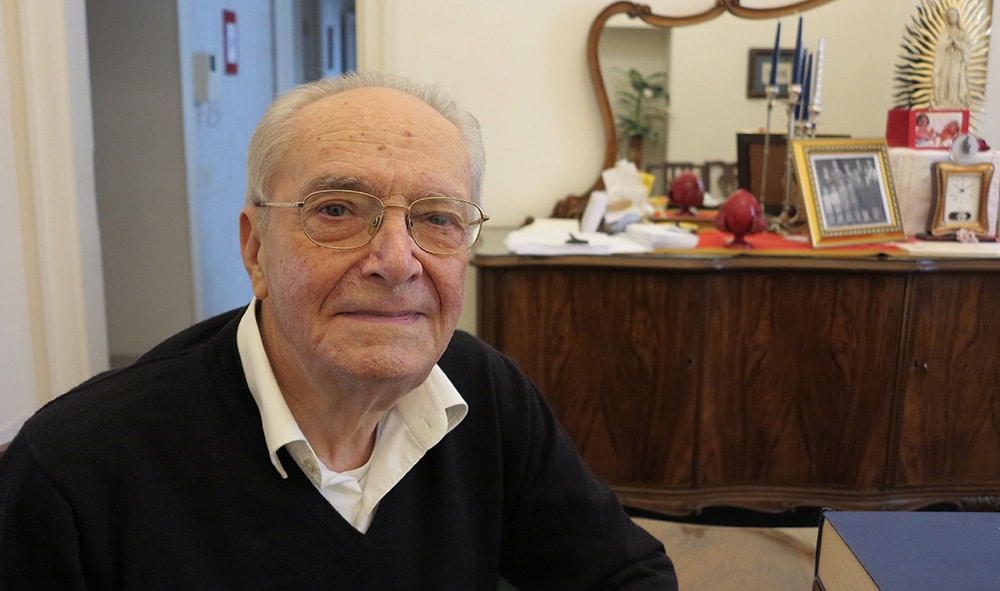The agility of Catholic colleges and universities in the United States to historically navigate swift, new and uncertain waters in the past is producing pre-professional majors in new digital disciplines for the future that intertwine traditional values in the schools.
The core curriculums for which Catholic schools are renowned are infusing students of the newer pre-professional majors with the cherished values, ethics and aspirations of the Catholic faith, educators told Our Sunday Visitor.
Read more from our special college section here.
“We have had ethics, and we always will,” said Father Dennis H. Holtschneider, president of the Association of Catholic Colleges and Universities — a voluntary association of delegates from 190 Catholic institutions of higher learning.
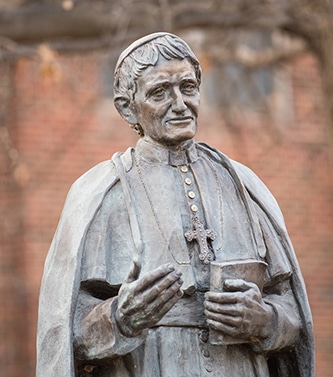
“Everyone thinks of Catholic schools as ivory towers,” he said. “Catholic colleges have been adding health degrees, communications and social media like everyone else.”
According to Father Holtschneider, the difference between Catholic colleges and universities and other private schools is “Catholic schools still follow Cardinal Newman’s (St. John Henry Newman) goal of a liberal arts education” to learn to use your mind well, not just transfer knowledge.
Many Catholic colleges and universities design the first two years in a four-year program to teach philosophy and religion. Schools are putting in new ethics courses to apply specifically to medical and business programs, communications programs and IT, Father Holtschneider said.
“Catholic schools have always led in service learning,” said Father Holtschneider, who is the former president of DePaul University in Chicago. “If you are going to do tech, you better give back to the world. … We want you to have a heart for people in need out there.”
Pope on Catholic education
Pope Francis addressed the issue of retaining classic Catholic teaching in the emerging fields in 2019 at the International Federation of Catholic Universities forum in Rome, advising they include preparing new generations to become qualified professionals, but also “proponents of the common good, creative and responsible leaders in social and civil life, with a proper vision of the person and the world.”
Catholic higher learning educators “need to consider what contribution they can and must make to the integral health of the person and to an inclusive ecology,” said the pope.
Catholic universities, in particular, need to become places “where solutions for civil and cultural progress for individual persons and for humanity, marked by solidarity, are pursued with perseverance and professionalism,” he said.
Pope Francis acknowledged the development of “technoscience” is “destined increasingly to influence people’s physical and psychological health.”
All teaching should entail asking about “the why,” he said. “It requires a reflection on the foundations and purposes of every discipline.”
A Jesuit heritage
Le Moyne College in Syracuse, New York, maintains a strong “Jesuit, Catholic heritage (that) may seem like an impediment as we developed curriculum for our digital, connected world. Le Moyne’s approach was to use it as a differentiator and strength,” said professor David Voorhees, director of Le Moyne College’s computer science and cybersecurity programs.
Voorhees told Our Sunday Visitor: “The social sciences have always been a hallmark of Jesuit education, so when we launched a cybersecurity major in 2017, we presented holistic perspectives on cybersecurity challenges and issues. This was done by incorporating political science (e.g., national and international policy, legal studies and globalization), criminology (e.g., global crime, modern terrorism, research methods) and technology (e.g., network security, systems security, ethical hacking) subjects into the curriculum.”
Le Moyne has also introduced several minor programs that allow students majoring in other disciplines to learn about technology topics. These include: biology and computer science, chemistry and computer science, and philosophy and computer science, Voorhees said.
“Besides Le Moyne’s core curriculum, which requires a student to take moral philosophy, religious studies and theology courses, our computer science, cybersecurity and software development major programs all require a student to take an ethics course,” said Voorhees. “These ethics courses give students a framework from which to formulate thoughts and actions as a response to an ethical issue.”
‘Rock solid’ education
Assumption University in Worcester, Massachusetts, has offered pre-professional schools for decades, provost Greg Weiner told Our Sunday Visitor.
Its core curriculum, long the centerpiece of an Assumption education, “is rich and distinctive” and integrated with the university’s pre professional schools. Weiner cast the intertwining of the schools with the core curriculum as “rock solid.”
The university offers 35 majors and 47 minors with newly added programs in cybersecurity, data analytics, health sciences, neuroscience, nursing and physician assistant studies. The core curriculum introduces students to essential works, ideas and enduring goals of the liberal arts and sciences.
Underlying the Catholic approach to education at Assumption is “the human being is something more than a machine,” Weiner told Our Sunday Visitor.
Catholic colleges and universities follow Cardinal Newman’s conception of liberal arts education in forming the full human person, be they a history teacher, a cyber security expert or a medical assistant, the educators said.
“Certainly a liberal education does manifest itself in a courtesy, propriety, and polish of word and action, which is beautiful in itself, and acceptable to others; but it does much more. It brings the mind into form — for the mind is like the body,” Newman wrote.
Gaining broad knowledge
At Mount Saint Mary’s University in Los Angeles, advancing education for the 21st century does not mean departure from the tried-and-true hallmarks of the liberal arts education that prepared students to be thinkers, communicators and doers, said Eva Diaz, assistant director of communications and marketing, who surveyed school educators to answer questions posed by Our Sunday Visitor.

“Rather, the university is creating course structures that enable students to not only become subject experts in their chosen disciplines but to gain a broad knowledge both within and outside their majors, including gaining different academic perspectives from within the same class,” Diaz said.
The university considers the global economic landscape, students interest and needs, as well as regional demands when determining which new courses, certificates, and majors and minors to add to current offerings.
“The ability to be nimble ensures that the Mount remains competitive and draws top students with great potential,” Diaz said.
Last fall, the school launched four new majors and programs, including an International Masters in Business Administration, a bachelor of arts degree in entertainment, a Master of Fine Arts in production for film and television, a dual MFA in film/television and MBA in entertainment management, and a bachelor of arts degree in women and gender studies.
In the fall, new certificates in geographic information systems (GIS) and bioethics are slated.
Diaz told Our Sunday Visitor: “As the only women’s university in Los Angeles, the Mount is putting women into the forefront of tech-based data mapping within its foundation as a liberal arts institution, which meets the needs of students to remain competitive with the skills required in today’s job market.”
Joseph R. LaPlante writes from Rhode Island.

